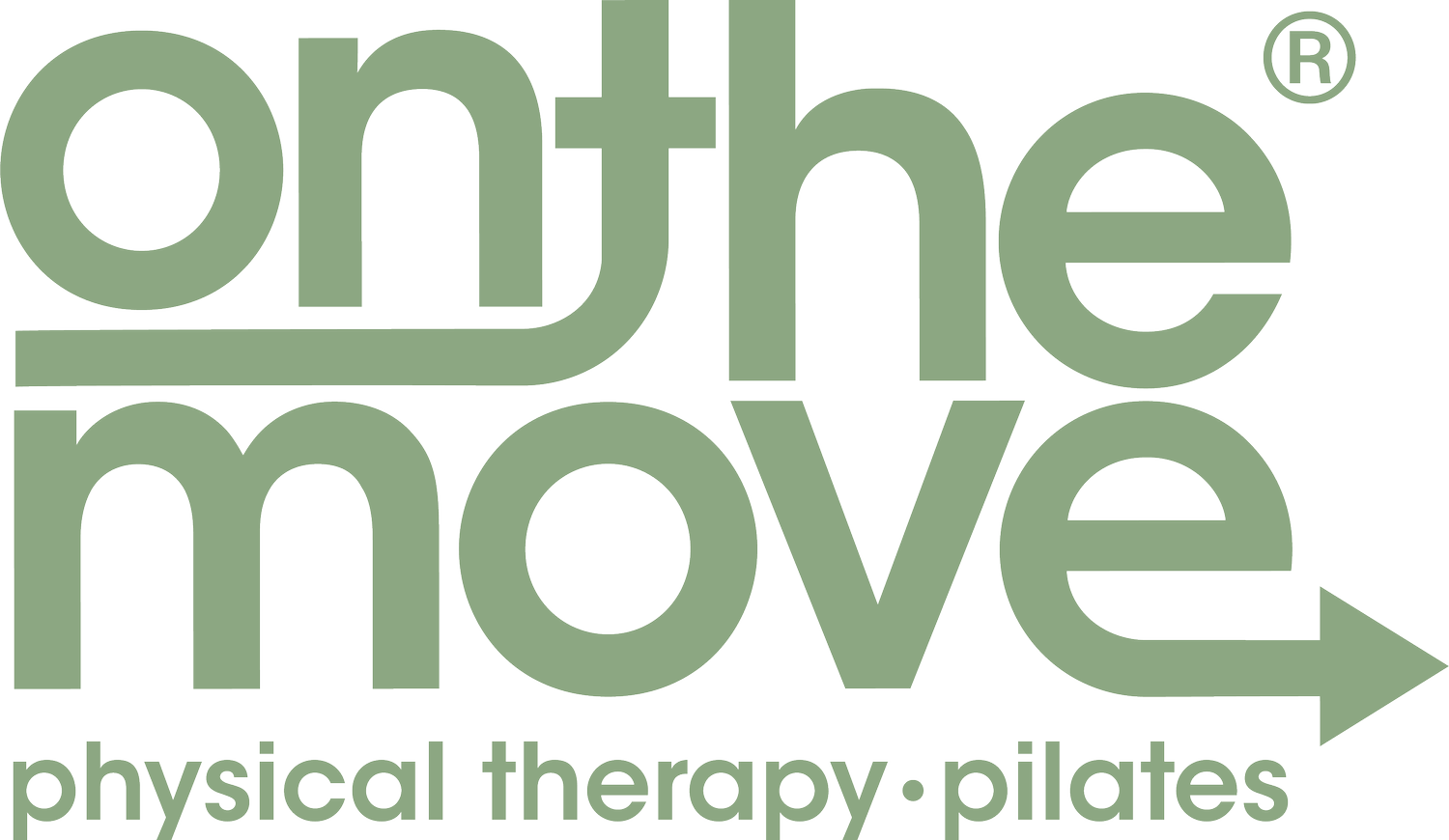July 18, 2022 - The Science Behind Taking a Break
I've had a long and wonderful vacation from work. And now I've come back as an evangelist for taking good long breaks (or perhaps I'm feeling the need to justify my vacation - Ha!) .
Reasons why people work their tails off and don’t take a good break:
We have a goal to achieve and we believe that the one thing we can control in pursuit of our goal is to keep working as hard as we can to get there.
We’ve been told - repetition results in mastery. The more times we do it, the better we become - so we do more.
We believe that taking a break will result in the loss of all the good progress we’ve made.
We have pressure from bosses, coaches, and peers to keep working.
We associate our identity and self worth with the amount we work.
Studies suggest that a long break can help you:
Break out of a cycle of doing something over and over again in a way that isn’t working.
Prevent burnout - the mental and physical exhaustion that leads to poor performance, fatigue, headache, and digestive issues among other things.
Make you more effective and efficient when you come back to work or training.
Improve your team morale by being a good example of how helpful a break can be.
Enjoy a different activity for awhile so that you can come back to your work or sport refreshed and with renewed passion.
And, for you athletes, here are some different types of breaks and the science behind the need for them:
One to four MINUTE rests - Resting time between sets of lifting weights or body weight resistance helps you do more. When you are strength training, your body has a limit to the amount of muscle signaling ions and energy storage. Your body needs a few minutes to build them back up after you exhaust muscles. If you don’t rest, you are actually working against your ability to do more.
One to four DAY rests - Resting days between strength sessions . Strength building doesn’t happen while you are working out, it happens during the rest and recovery after the workout. Take a bit to let that sink in. Your body needs the rest in between heavy workouts to build up the muscles in response to the exercise stress you put on it. Said another way - if you don’t rest between heavy strength sessions, your body will stay in a state of stress and inflammation instead of getting stronger.
One to four WEEK rests - A vacation from your workout cycle. This longer break is the hardest one to convince athletes they need. So, refer to the reasons above as they apply to you too!
And, to note, well-trained individuals don’t lose their skills and strength after a one to four week break. Yes, you may lose some strength and you do need to resist the temptation to jump back in and make up for lost time. But, there’s a beauty in the learning that happens during that rebuild. As a physical therapist, I hear it over and over again from athletes - I’m so glad I got the time off to rebuild because I came back stronger than before.
I hope all of you are enjoying your summer and taking a break from your normal routine.
For references and inspiration :
